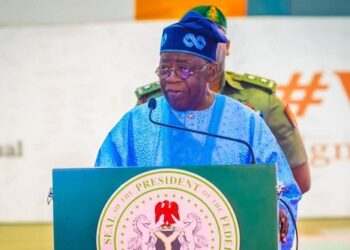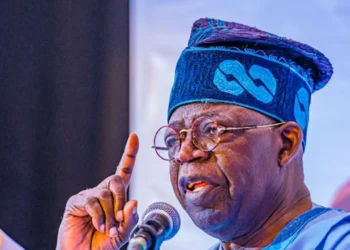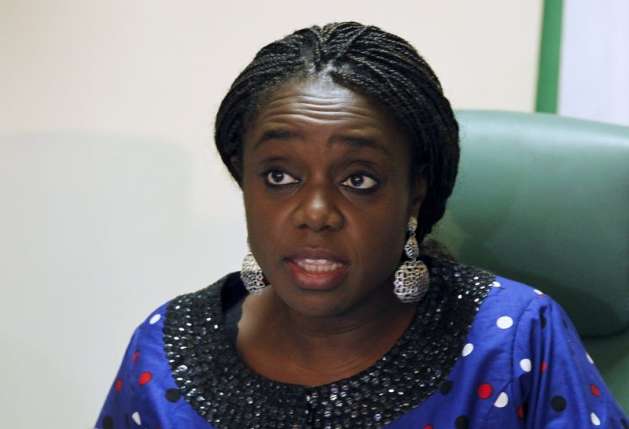Gambian President Yahya Jammeh declared a state of emergency on Tuesday after refusing to hand power to opposition leader Adama Barrow, who won an election last month.
State televison said the emergency would prevent a power vacuum while the supreme court rules on Jammeh’s petition challenging the election result.
That suggests Jammeh will stay in power beyond Thursday, when Barrow was due to be sworn in as president.
Regional leaders have threatened to intervene militarily if Jammeh does not step down and on Tuesday a senior Nigerian army source said Nigeria and other West African states were preparing a military force.
The state of emergency banned “acts of disobdience” and “acts intended to disturb public order”.
Jammeh took power in a coup in 1994 as only the second president since Gambia’s independence in 1965 and his government gained a reputation for torturing and killing perceived opponents, rights groups say. In 2015, he declared that the country was an Islamic Republic.
Pro-democracy activists across Africa welcomed his defeat and his refusal to step down has provoked an internal crisis as well as a test of mettle for regional leaders.
Gambia’s top judge on Monday declined to rule on Jammeh’s election petition and in a political blow to the president, the ministers of finance, foreign affairs, trade and the environment have resigned, according to ministry sources. [nL5N1F64IT]
The Nigerian source said that defence chiefs of staff of West African countries met on Monday to discuss strategies to remove Jammeh.
“Some West African countries will be contributing troops, including Nigeria, for the operation,” said the source, adding that the United Nations and African Union had offered support to regional body ECOWAS for the plan.
State television said on Monday Finance Minister Abdou Kolley was being replaced by Benjamin Roberts, the Minister of Tourism. Finance ministry sources said on Tuesday Roberts had also resigned.
Ministry sources said other government figures, including Foreign Minister Neneh Macdouall-Gaye, had left the government and the country. The mayor of the capital Banjul has also resigned, according to sources at the city council.
Hundreds of Gambians have fled into Senegal, Gambia’s only neighbour, fearing for their safety because of the turmoil, and Senegalese authorities have increased security. Barrow is also in Senegal, his aides say.
“We are scared. There are soldiers with guns all the time,” said Awa Sanneh, 25, from Birkama in Gambia, who was leaving with two children and 24 other family members.
One of the smallest countries in Africa, Gambia is reliant on tourism and one main crop, peanuts, to fuel its economy.









